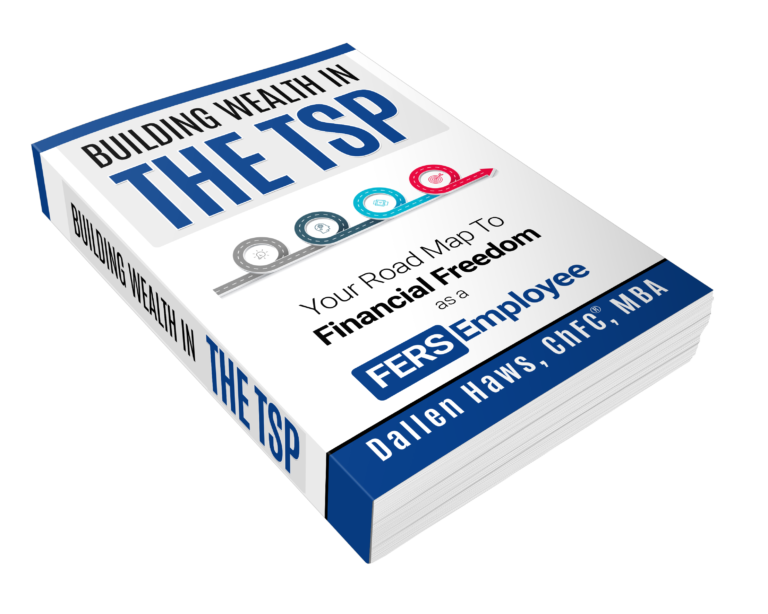One of the great things about the FERS retirement system is that there are opportunities to get a retirement check without clocking the proverbial “20 years”. This gives federal employees more flexibility and career options.
One of the most common retirement options for those with fewer years of service is a deferred retirement. You are eligible for a deferred retirement if you:
-Have at least 5 years of creditable civilian service
-Leave your FERS retirement contributions in the system
-Are under age 62
Note: If you are age 62 or older, you are eligible for an immediate retirement which is better for a number of reasons. In general, the benefits under a deferred retirement are not as good as you’d get under other types of retirement such as an immediate, postponed, or MRA +10 retirement.
Deferred retirement tends to be easy to qualify for but it does have some big drawbacks.
How It Works
As the name suggests, a deferred retirement allows someone to leave federal service but they would not start drawing a pension until later. The age at which you’d be able to start your pension is determined by how many years of service you had when you left.
-With 5 years of service, you can start your deferred pension at 62
-With 20 years of service, you can start your deferred pension at 60
-With 30 years of service, you can start your deferred pension at your MRA
-With at least 10 years of service, you can start your deferred pension at your MRA (minimum retirement age) but with a reduced pension.
Let’s do an example to see how this would work.
Age 62 Deferred Pension
Let’s say you have 12 years of creditable service at age 45. You leave federal service for a job on the private side. Because you had at least 5 years of service, you’d be eligible for a pension at age 62. Once you reach age 62, you’d reach out to OPM to get it started.
During your 12 years of service, your high-3 was $80,000. This means that at age 62, your annual gross pension would be:
12 x $80,000 x 1% = $9,600/year or $800/month
As you can probably see, because those that use a deferred retirement tend to have far fewer years of creditable service, deferred retirement pensions tend to be much smaller as well.
MRA Deferred Pension
But since you have at least 10 years of service, you would be able begin your deferred pension earlier at your MRA if you wanted to. But like I mentioned earlier, there will be a 5% reduction to your pension for every year you start it before age 62.
For example, let’s say you start your deferred pension at 57, your MRA. Since that is 5 years before 62, you’d see a 25% (5% x 5) reduction. That means that your $9,600 annual pension goes down to $7,200 which is $600 per month.
And this is a permanent reduction. Which means that your pension won’t go back to $9,600 once you turn 62. It will stay reduced for the rest of your life.
The Next Big Gotcha
Most people understand that not having many years of service will result in a smaller pension. But what most people don’t realize is that under a deferred retirement, you are not eligible to keep your FEHB (your federal health insurance) into retirement. And for just about all of us these days, having good health insurance is a big deal.
If you are considering a deferred retirement to pursue a job on the private side, one great question to ask your future employer is if they allow employees to keep their health insurance into retirement. Many large companies offer health insurance to their employees but a much smaller segment allows you to continue in the plan once you retire.
Postponed Retirement
If you have at least 10 years of service and have reached your MRA, you would be eligible for a postponed retirement. Although it may sound similar to a deferred retirement, one major difference is that you can be eligible to keep your FEHB into retirement under a postponed retirement.
Conclusion
Deferred retirement has some major downsides that you will want to make sure you understand thoroughly before leaving federal service. That being said, this type of retirement can make a lot of sense for those that would like to pursue a different career while also getting a benefit from their time with the federal government.


